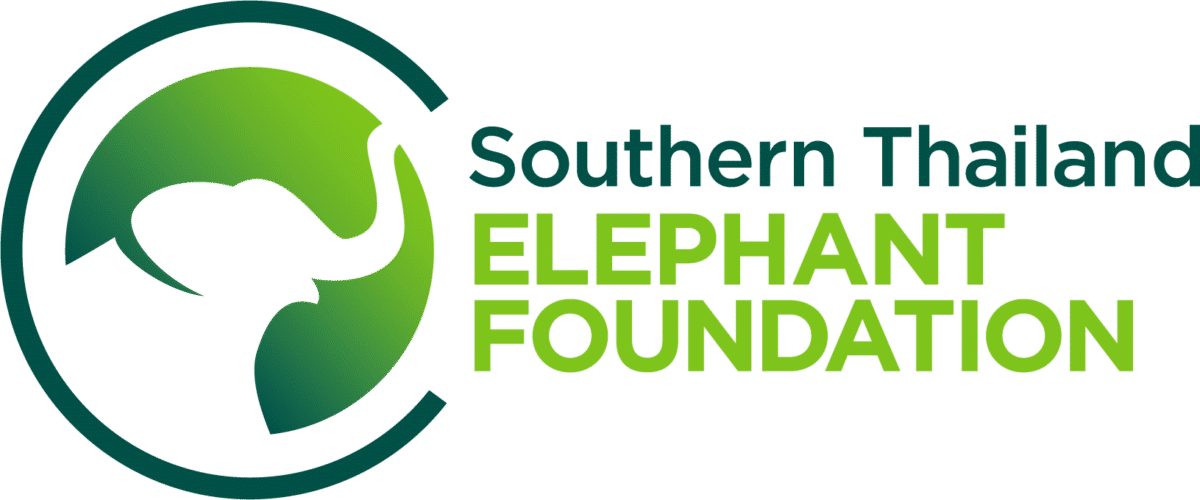FOOD FOR THOUGHT
From using solar panels to create clean renewable energy to using recycled rainwater to create our elephant pools, sustainability on the Ban Ton Sae site is one of the ways STEF will become a sustainable environmentally friendly haven for our elephants and guests to enjoy.

Deforestation is the biggest threat to the Asian elephant in the wild. Plantations for crops such as rubber and palm oil (products used widely in western countries) are one of the causes for the destruction of elephant habitats. We have cleared all rubber trees from our site and by growing our own food for the elephants we can ensure this land is reused sustainably and no areas of primary forest are cut down to provide the crops.
We plan to grow bamboo and Napier grass (also known as elephant grass) to feed

Elephant grass (above left) is a perennial forage crop that also has a fast growth rate, high productivity and has good nutritive value. It is a very good grass for cut and carry systems – and elephants, who do not just eat what is available, but actively choose what to eat, love it as you can see.

If you would like to help us feed our elephants and support sustainable reforestation you can sponsor a tree or area of grazing turf on our website by just clicking here.


